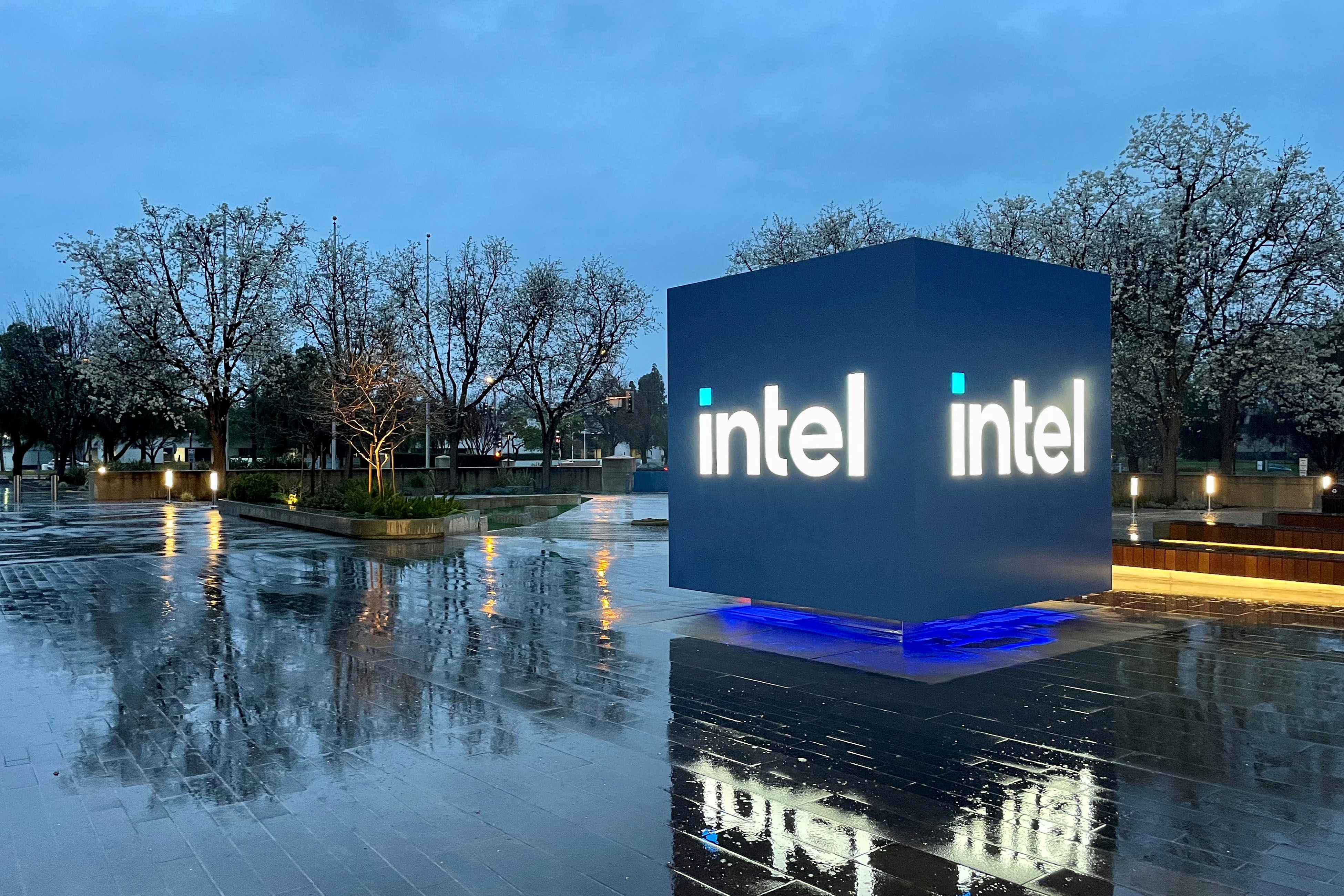
SoftBank has been working with Intel to build AI processors for its Project Izanagi initiative. However, due to Intel's failure to meet 'volume and speed' requirements, SoftBank will shift its focus to TSMC, reports the Financial Times citing its sources. Despite this setback, SoftBank CEO Masayoshi Son remains determined to push forward with his ambitious AI plans and the sources do not rule out working with Intel in the future.
Under Project Izanagi, SoftBank planned to develop its own AI processors that would be able to rival Nvidia's AI GPUs in terms of performance and capabilities. Additionally, it would design its own software stack and put it into its own massive AI data centers that would be supplied with their own power plants. SoftBank reportedly wanted Intel to produce the processors, but the processor giant could not meet the Japanese company's requirements for 'volume and speed,' indicate unnamed insiders.
Following the breakdown with Intel, SoftBank turned its attention to the world's largest contract chipmaker TSMC, indicates the FT. While discussions are ongoing, no agreement has been reached, as TSMC is currently struggling to meet the demands of its existing customers, including AMD and Nvidia.
Another aspect of Project Izanagi's execution is that SoftBank does not have its own chip design expertise. Having said that we must note that it owns Arm, which now develops 'Compute Subsystems' CSS reference implementations of its processors for various workloads. It also recently acquired Graphcore, which produced rather competitive hardware, but failed to make it popular among developers of AI software, partly because Nvidia could offer a significantly better CUDA software stack. Intel reportedly offered SoftBank its chip design expertise, though it is unclear whether it could complete the design on time. Also, it is unclear whether this was meant to be an Arm-based design.
Masayoshi Son’s AI strategy is broad as he plans to invest billions of dollars to place SoftBank at the forefront of the AI industry — essentially competing against AWS, Google, Microsoft Azure, and Meta — in a move that could significantly alter the competitive landscape. Financially, the venture could be enormously costly, potentially running into the tens of billions of dollars or even hundreds of billions of dollars, though it is hard to put a firm number at this point. Son has reportedly reached out to investors in Saudi Arabia and the United Arab Emirates for potential funding, though no concrete agreements have been made.
To support his Project Izanagi vision, Son has also been pitching the idea to major tech companies like Google and Meta, seeking their backing and financial support. He believes that with the right partners, SoftBank can help counter Nvidia's dominance in the AI processor sector. However, given the scope of SoftBank's AI initiative which includes hardware, software, data center infrastructure, and data centers themselves, it will inevitably compete against the aforementioned companies, something they might not like.
One of the risks associated with Son's plan is the potential impact on Arm's relationship with its key clients. Critics reportedly argue that moving Arm into direct chip design and production could strain its relationships with developers of Arm-based data center processors, but SoftBank is apparently willing to take that risk for the potential reward.
Neither Arm, SoftBank, Intel, TSMC, Google, nor Meta issued supporting comments to the Financial Times.







